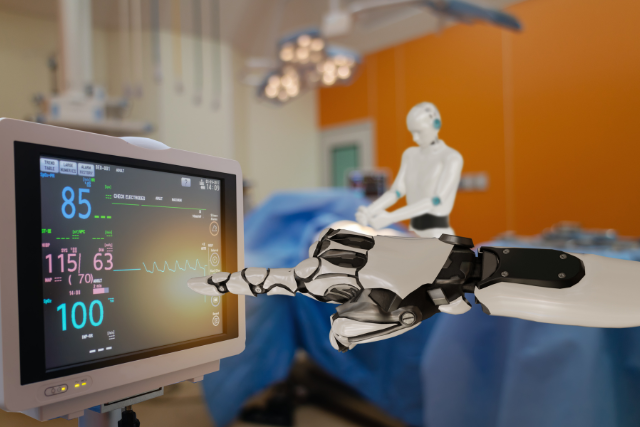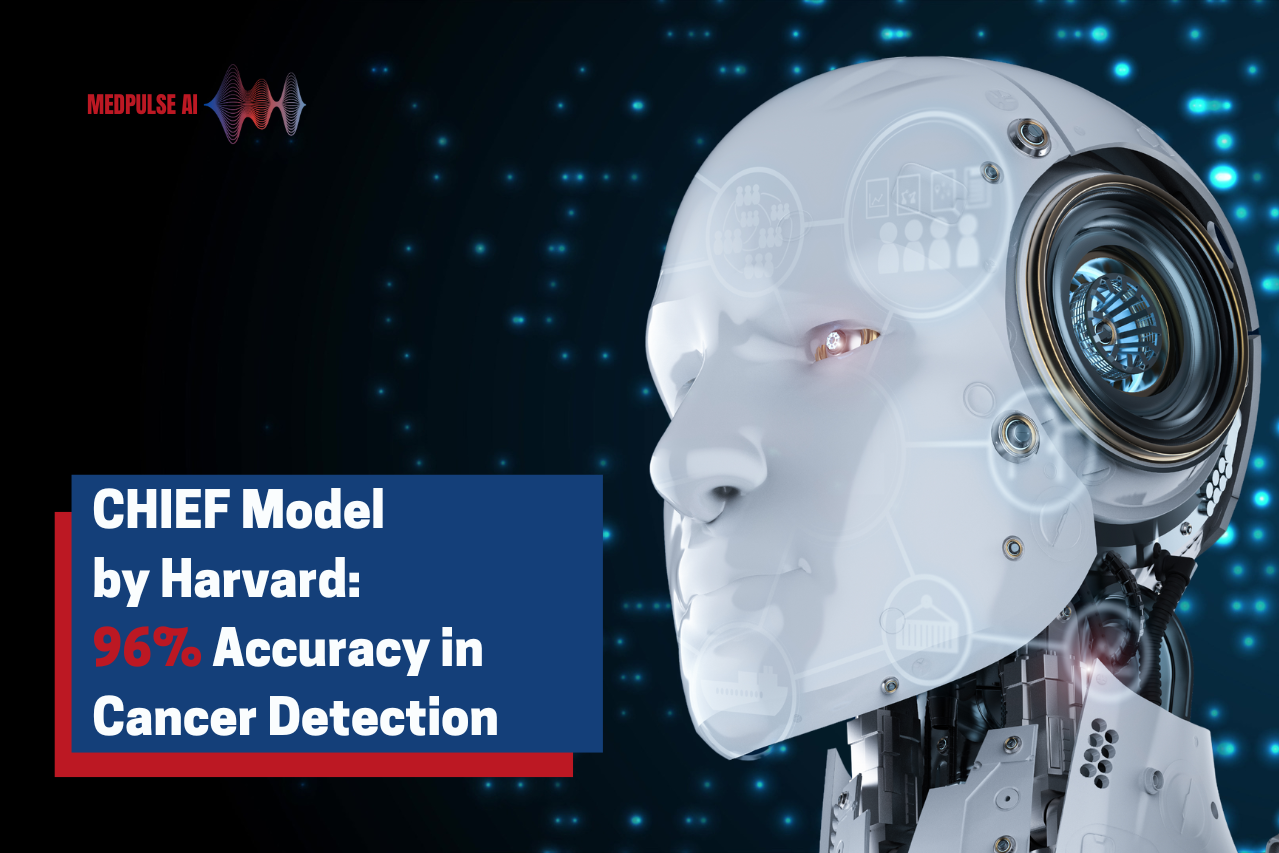The integration of artificial intelligence (AI) in healthcare is transforming the way medical providers operate, enhancing their ability to deliver quality care. As AI technologies advance, they are beginning to take on roles traditionally held by human practitioners, including tasks related to bedside manner and diagnostic accuracy. A recent study has sparked discussions about how Google’s AI systems could potentially outperform human doctors in these areas, raising critical questions about the future landscape of medicine. This development not only impacts healthcare providers but also offers the potential to democratize access to healthcare services.
AI with a Human Touch
Recent research has indicated that Google’s AI system can engage with patients in a way that rivals or even surpasses human doctors when it comes to bedside manner. This means that the AI can communicate with patients in a more empathetic, understanding, and reassuring way, which is crucial in healthcare settings where anxiety and fear are prevalent.
- Emotional Intelligence: The ability of AI to pick up on emotional cues can enhance patient interactions. By recognizing signs of distress or discomfort, AI can adjust its responses to provide support, thereby creating a more comforting environment for patients.
- Consistency in Interaction: Unlike human doctors, who may have off days or be influenced by personal factors, AI can provide a consistent level of care and communication. This reliability is vital in maintaining trust between patients and their caregivers.
AI systems like Google’s are not just adept at communicating; they also demonstrate advanced diagnostic capabilities in many scenarios. Research has shown that AI can analyze vast amounts of data quickly, identifying patterns that might be missed by human practitioners.
Reducing Diagnostic Errors: Diagnostic errors can lead to severe consequences for patients. By leveraging AI, healthcare providers can reduce the likelihood of such errors. A report by PwC estimated that AI applications could save the healthcare industry over $150 billion annually by 2026 through improved efficiencies and better diagnostics.
Data-Driven Insights: Google’s AI systems are trained on extensive datasets, allowing them to recognize symptoms and correlating factors with a high degree of accuracy. A study published in Nature (2020) demonstrated that Google’s AI model for detecting breast cancer from mammograms outperformed human radiologists, reducing false positives by 5.7% and false negatives by 9.4%.
Early Detection of Conditions: AI has the potential to detect diseases at earlier stages than traditional methods. Another study by researchers at Stanford University showed that an AI algorithm was able to diagnose skin cancer with a level of accuracy comparable to dermatologists. The AI was trained on thousands of images and could correctly identify malignant lesions, proving its efficacy in dermatological diagnostics.
Democratizing Medicine
One of the most compelling arguments for integrating AI into healthcare is its potential to democratize access to quality medical care. Here’s how:
- Accessibility: AI systems can be made available to a broader range of patients, including those in remote or underserved areas. Telehealth solutions powered by AI can provide consultations and diagnostics without the need for patients to travel long distances. A report by McKinsey & Company (2021) projected that telehealth, enhanced by AI tools, could significantly improve access to care for underserved populations.
- Cost-Effectiveness: By streamlining processes and enhancing efficiency, AI can help reduce healthcare costs, making it more affordable for individuals and families. According to an Accenture survey, 66% of patients expressed a willingness to use AI for healthcare interactions, particularly if it leads to quicker diagnoses and treatment.
- Personalized Care: AI can analyze individual patient data to tailor treatment plans that are specific to each person’s unique circumstances, ensuring that everyone receives the care they need.
Challenges and Ethical Considerations
While the advantages of Google’s AI in healthcare are substantial, there are challenges and ethical considerations that must be addressed:
- Trust and Acceptance: For AI to be fully integrated into healthcare, patients and healthcare providers must trust these systems. Building this trust requires transparency about how AI makes decisions and the data it relies on.
- Data Privacy: Protecting patient information is paramount. As AI systems collect and analyze vast amounts of data, ensuring robust security measures and compliance with regulations such as HIPAA is essential to maintain patient confidentiality.
- Human Oversight: While AI can assist in diagnostics and patient interaction, the importance of human oversight cannot be overstated. Medical professionals must remain involved in the decision-making process to ensure that ethical considerations and individual patient needs are taken into account.
The Future of AI in Healthcare
As AI continues to advance, its role in healthcare is likely to expand significantly. Innovations like Google’s AI hold promise for transforming patient care by improving bedside manner, enhancing diagnostic accuracy, and democratizing access to medical services.
However, the integration of AI into healthcare should be approached thoughtfully, focusing on collaboration between human practitioners and AI systems. The goal should not be to replace doctors but to empower them with tools that enhance their capabilities and improve patient outcomes.
AI-powered technologies like Google’s present an exciting opportunity to reshape the healthcare landscape. By combining the strengths of AI—empathy in communication, accuracy in diagnosis, and the ability to reach underserved populations—healthcare can evolve to meet the needs of all patients more effectively.
As we embrace this new era of medicine, it is essential to maintain a balanced approach that respects the irreplaceable human touch while leveraging the power of artificial intelligence. With the right implementation and oversight, AI can serve as a force for good, enhancing healthcare outcomes while safeguarding fundamental rights.




